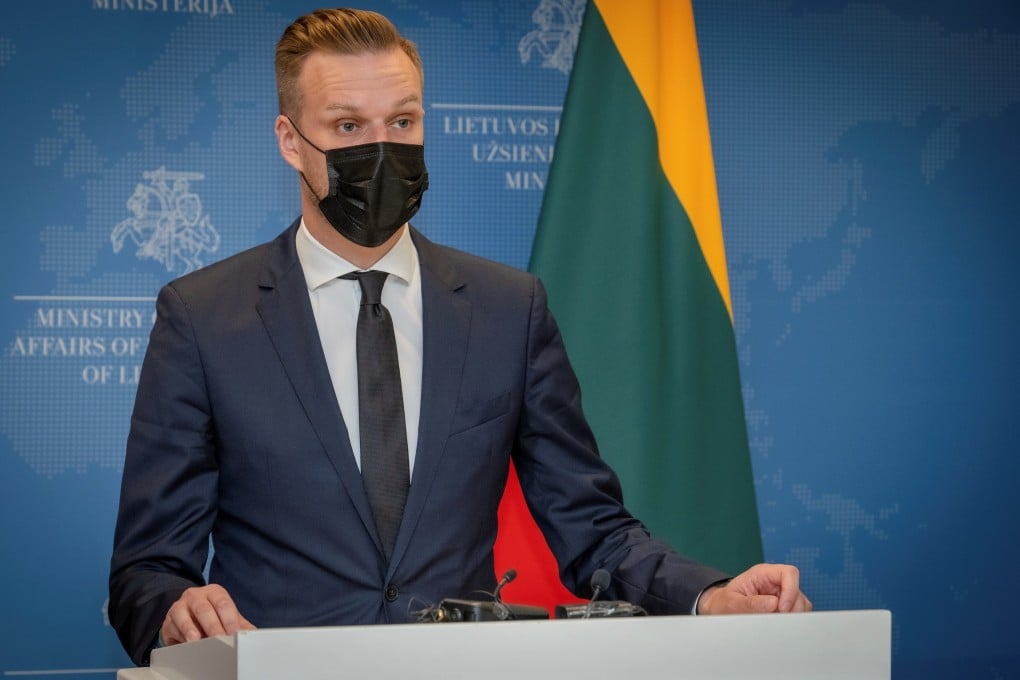Why Europe’s Baltic states can brush off China
- Unlike Asian countries, Lithuania, Latvia and Estonia are not reliant on China for trade, meaning they can prioritise universal rights and freedom
- Analysts say Lithuania has ‘nothing to lose’ by donating Covid-19 vaccines and opening a trade office in Taiwan, despite raising Beijing’s ire

The minister, Gabrielius Landsbergis, added that Lithuania aimed to avoid being in a position where it would be overreliant on China’s economy and potentially subject to political pressure from Beijing.
In recent days, Vilnius has also called on Lithuania’s European counterparts to follow suit and leave the CEE, with Landsbergis arguing that the grouping is divisive and unhealthy for Europe.
This tough stance from a country of 2.8 million – which is a member of both the European Union and the Nato military alliance – may seem like a sign of the times as Washington rallies its partners in Europe to take a stronger line against China and Russia. But Lithuania, which together with Latvia (population 1.9 million) and Estonia (1.3 million people) form part of the Baltic states that were once part of the Soviet Union, have their own reasons for seeking to keep China at arm’s length.
Among them are a low reliance on China for trade and investments, and a natural tendency to promote human rights and support freedom movements. In 1989, 2 million people in Lithuania, Estonia and Latvia held hands to form a 680km (423 miles) human chain to press for independence, a move that thousands of protesters in Hong Kong adopted back at the height of the 2019 social unrest.
